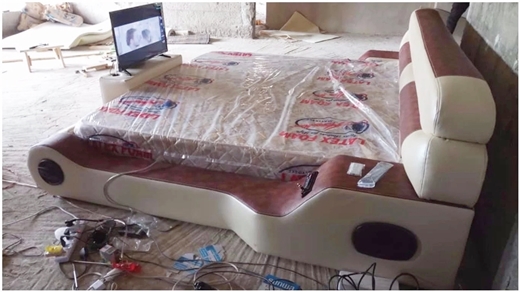![The Japanese salaryman hands over his salary to his wife [iStock] The Japanese salaryman hands over his salary to his wife [iStock]](https://static.netnaija.com/i/vg703AVdKze.webp)
Most Japanese men hand over their salaries to their wives.
In Japan, husbands surrender their whole wages and other earnings to their wives and receive a monthly allowance ("okozukai") as pocket money, which they can use to buy things like cigarettes and beer.
According to a survey done by research firm Softbrain Field, women control 74% of Japanese household spending, and this includes couples with small children.
Men do not gladly hand over their full salary, but they believe they must earn money for their families, even if it means suffering themselves.
Traditionally, it began after the Second World War. Fueled by a dedicated workforce of salarymen, white-collar businessmen in Japan, and the support of stay-at-home mothers or housewives, Japan's economic expansion boomed after WWII.
3 reasons for handing over their salaries
Here are three reasons why Japanese men hand over their salaries:
Gender roles
In Japan, there's a cultural expectation that women manage household finances. This stems from a historical emphasis on women being homemakers. Men, as the primary breadwinners, would contribute their entire salary to a central pool managed by the wife.
Transparency and Trust
Contributing the entire salary fosters transparency and trust within the marriage. The wife then allocated funds for bills, savings, and discretionary spending for the husband.
Practicality
Often, the wife, who might be home with children, was more readily available to manage daily expenses.
However, this trend is changing in couples where both partners work. The task of managing money falls to the wife in Japan, especially when she stays home with children, but when she has her own job, there's no need for it.
Also, the shrinking size of salaries and rising living costs make it harder for families to rely on a single income.


















Comments